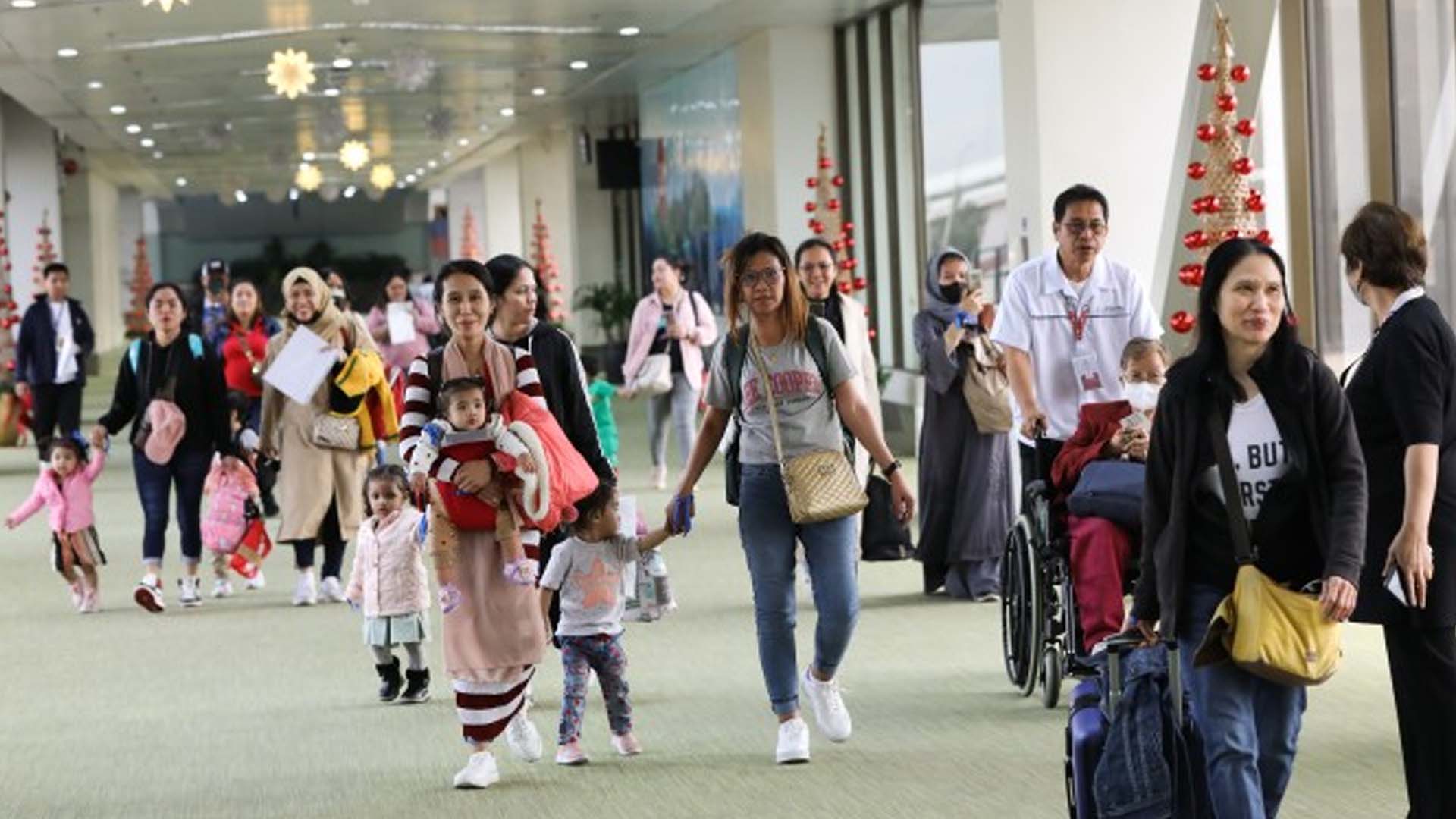Spouses of overseas Filipino workers (OFWs) working abroad for one year and above and belonging to the low/semi-skilled worker category will be regarded as solo parents who are entitled to benefits and privileges accorded by the law, a Department of Social Welfare and Development (DSWD) official said Thursday.
This was clarified by Assistant Secretary Ada Colico of the DSWD Statutory Programs under Operations Group during a media forum at the agency’s Central Office in Quezon City.
“The duration should be continuous one year and above. Even if the parent receives support but is solely taking care of the children, he/she could be considered as a solo parent,” Colico said in Filipino during her presentation on the salient provisions of Republic Act No. 11861 or the Expanded Solo Parents Welfare Act.
Under the law, a solo parent can be categorized as a parent that provides sole parental care and support to a child or children due to abandonment; birth as a consequence of rape even without final conviction; death of a spouse; detention of spouse or partner with a minimum of three months conviction; legal separation or nullity or annulled marriage; and, whose spouse has physical or mental disability.
Colico said the law expanded the definition of solo parents to make it more inclusive to the current situation of parents and legal guardians who are providing sole parental care and support to a child or children.
Aside from a spouse of OFWs, those who are legal guardians, adoptive or foster parent, and relatives within the fourth degree of consanguinity or affinity of the parent or legal guardian may apply as a solo parent as long as they solely assumed the provision of parental care and support to a child or children.
A pregnant woman who provides sole parental care and support to her unborn child or children may also apply as a solo parent.
Colico said among the benefits and privileges of solo parents that are mandated by RA 11861 include a monthly cash subsidy of PHP1,000 from the concerned local government unit (LGU) for those earning minimum wage or below; automatic coverage of the National Health Insurance Program (NHIP) administered by the Philippine Health Insurance Corporation (PhilHealth); and prioritization in housing allocation and workforce.
The expanded act also mandates a 10 percent discount and exemption from value-added tax (VAT) for solo parents earning less than PHP250,000 annually on the purchase of their child’s milk, food, micronutrient supplements, sanitary diapers, prescribed medicines, vaccines, and other medical supplies from birth until the child turns six years old.
Solo parents and their children will also have access to scholarships and other educational programs from the Department of Education (DepEd), the Commission on Higher Education (CHED), and the Technical Education and Skills Development Authority (TESDA).
Colico reminded solo parents that they must register with their respective LGUs to be counted and to avail of the benefits and privileges provided under the law.
“It is not the DSWD that issues the solo parent ID. It is the LGUs through their city social welfare and development offices or their municipal social welfare and development offices,” she said.
Colico said the solo parent ID is renewable every year. (PNA)







